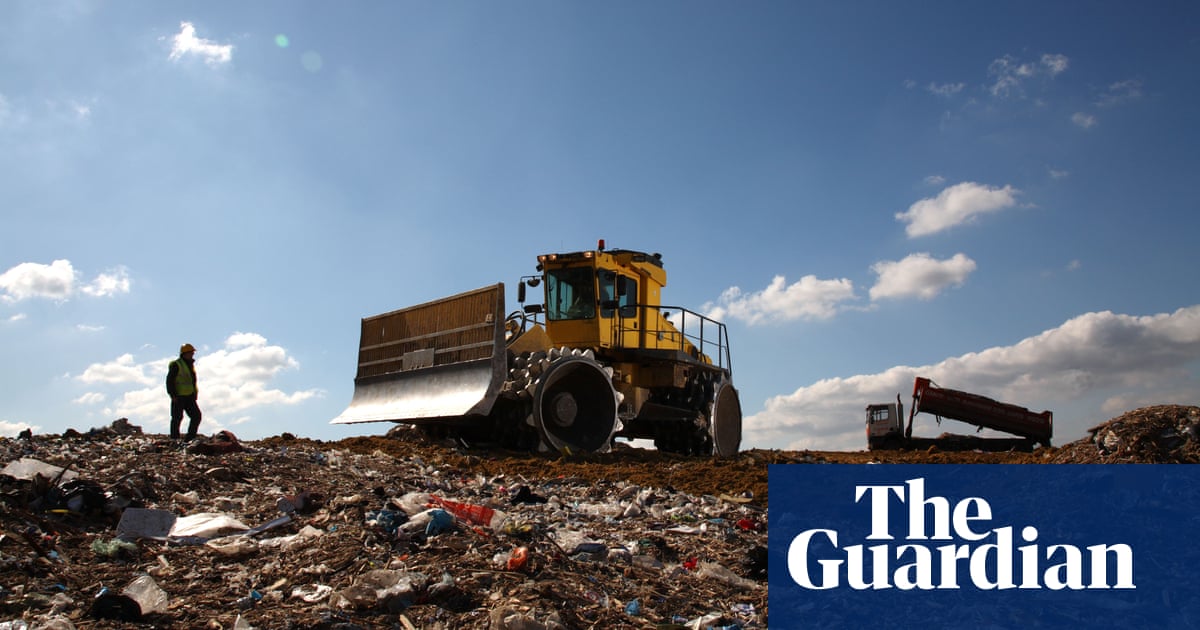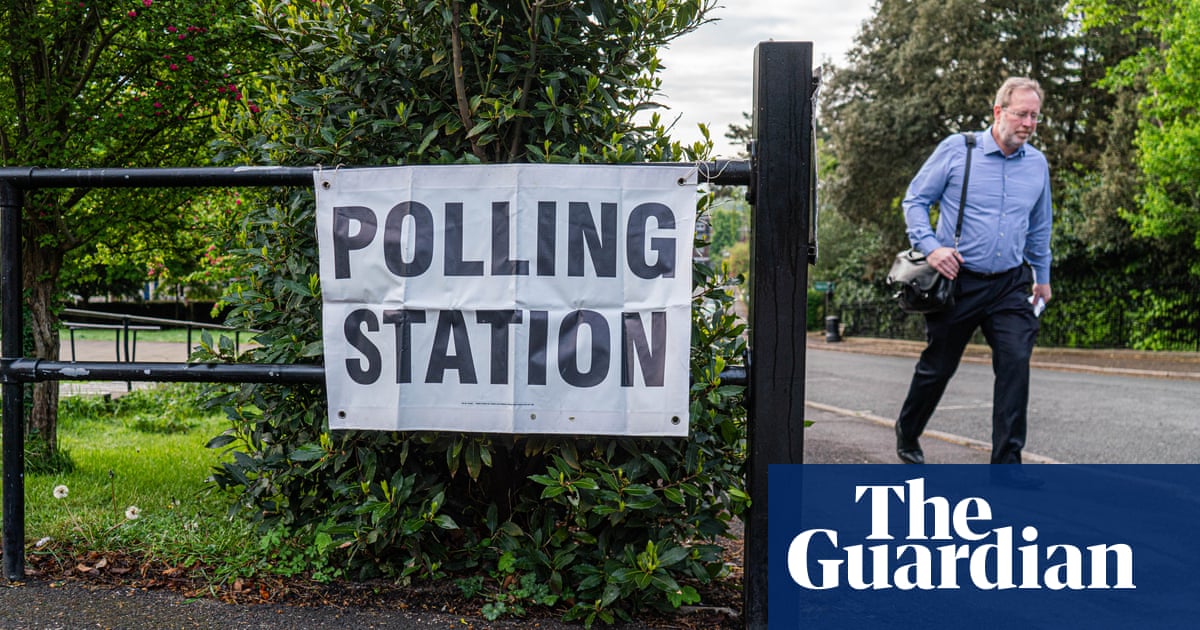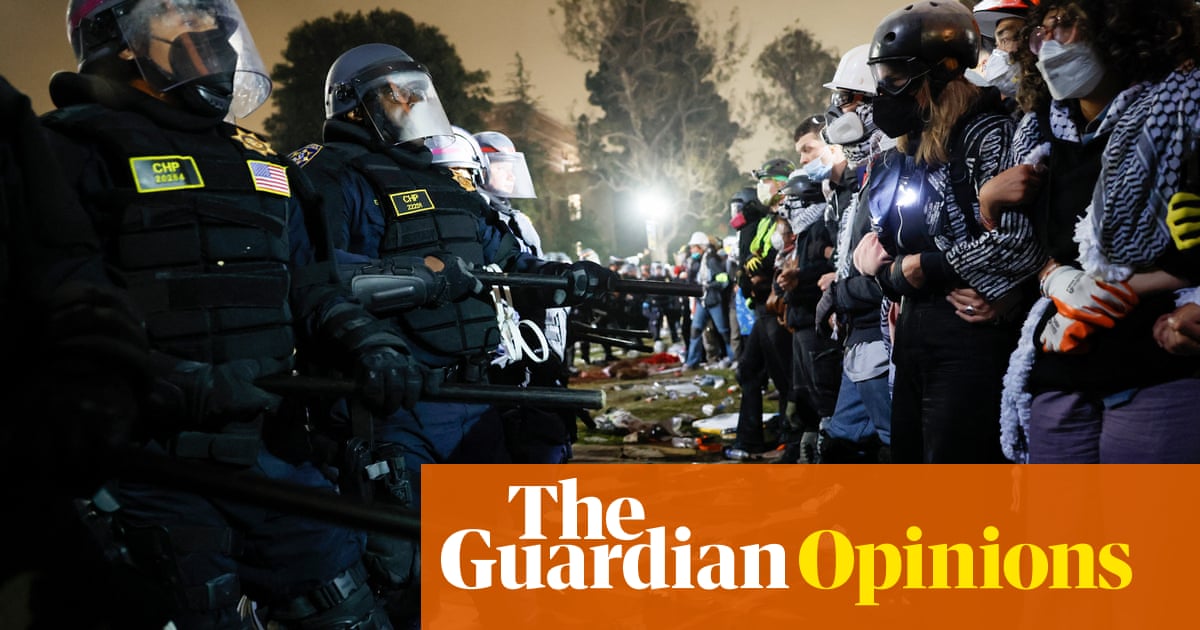The former US ambassador to Panama has launched a stinging critique of Donald Trump’s approach towards Latin America, comparing his conduct to that of the ruthless and egotistical fictional mob boss Tony Soprano.
In the first month of his presidency, the US president has shocked some observers with his aggressive focus on a region many expected him to largely ignore. Early steps have included threatening to “take back” the Panama Canal, accusing Mexico’s government of being in cahoots with narco-traffickers, sending an envoy to meet the Venezuelan dictator, Nicolás Maduro, and clashing with Colombia’s president, Gustavo Petro, over deportation flights.
John Feeley, who was regarded as one of the state department’s top Latin America experts until he resigned from his job in Panama during Trump’s first term, said he was horrified but not surprised by Trump’s moves.
“If you use as your psychological paradigm [for Trump] a combination of Tony Soprano and Thucydides … it shouldn’t come as much of a surprise that he’s going to go to the Americas first,” the ex-ambassador said, referring to the ancient historian who chronicled the fifth-century BC struggle between Athens and Sparta.
Feeley believed the most famous line from Thucydides’s account of that war – “The strong do what they can and the weak suffer what they must” – explained Trump’s bully-boy worldview.
“[He’s doing it] because he can – because the asymmetry of American commercial and military power is so incalculable in relationship to Mexico, Central America, Panama, even Brazil, Argentina. They can’t really do much other than suffer the consequences. And so I think, in a sort of mafioso way, he is very adept at reading relative power,” said the former diplomat, who attributed his 2018 resignation to how Trump had “warped and betrayed … the traditional core values of the United States”.
“He’s a velociraptor … He kills anything he perceives as a threat.”
Feeley did not believe Trump would follow through on his threat to forcibly reclaim the Panama canal if his demands over alleged Chinese meddling in the trade route were not met.
“It’s all bluster. He doesn’t have the votes for it. He ran on a ticket of American isolation … He doesn’t want to keep US bases in Germany. He doesn’t want to protect Europe. He doesn’t want to send America’s blood and treasure to fight and die in places like Afghanistan and Iraq. He wants to ‘make America great’.
“His vision of a ‘Great America’ is an America that sits in its sphere of influence, king in its own castle, and exploiting parts of the world for American gain, such as $500bn in Ukrainian rare earths,” said the diplomat who also served in Colombia, the Dominican Republic and Mexico during a 28-year state department career.
Feeley praised Panama’s handling of the “relentlessly transactional” US president’s tactics by making tactical concessions while maintaining control of the canal.
The former ambassador saw a similarly Soprano-like modus operandi in Trump’s engagement with Maduro, whom the US president appears to have warmed to after trying unsuccessfully to overthrow him during his first administration.

“A mobster doesn’t kill every one of his competitors. Frequently, he buys them off. Frequently, he corrupts them. Frequently, he co-opts them,” Feeley said. “And he saw in Maduro a tinpot little mobster in a country that he doesn’t care about – a country that he currently, in this transactional moment, needs to be able to send a bunch of C-17 Globemasters [transport planes] back to and dump out a bunch of Venezuelans in orange jumpsuits and shackles so that he can go back to his Maga base and say: ‘See, Joe Biden let these rapists and drug dealers in. I kicked them out.’”
Feeley thought Trump’s engagement with Maduro was motivated by his mass deportation campaign, not a desire to access Venezuela’s vast oil reserves. “The United States set record oil and gas productions last year … We don’t need the black gold from the Orinoco belt.”
By striking a deal with Maduro allowing him to send deportation flights to Caracas, Feeley argued that Trump had betrayed the opposition politicians widely believed to have beaten the Venezuelan autocrat in last July’s presidential election. “He sold them down the river after they gave him their vote,” the former ambassador said of the Venezuelan Americans who backed Trump in the 2024 US election hoping he would help rid their country of Maduro.
But if Trump was channeling Tony Soprano in his treatment of Latin America, Feeley believed he was also channeling Trump. “Donald Trump’s approach to Latin America is reminiscent of the manner in which he and his father ran their buildings in Queens. They put a big C [for “coloured”] on any application from a family that was Black or Hispanic. And not surprisingly, those people didn’t get apartments. They settled that case with the Department of Justice in the 1970s. But it’s very clear to me that Donald Trump sees Latin America as a place to exploit and to get rent from – but not to allow to live in his building,” he said.
“I am ashamed of my country. I am angry at my country for electing him. And I am hopeful that we have still the guardrails of democracy to get back to, not perfection, but a place where we value strategic alliances to keep us all safe, where we incorporate human rights and concepts of basic decency into our foreign policy, and where we cultivate our soft power.”

.png) 2 months ago
17
2 months ago
17













































